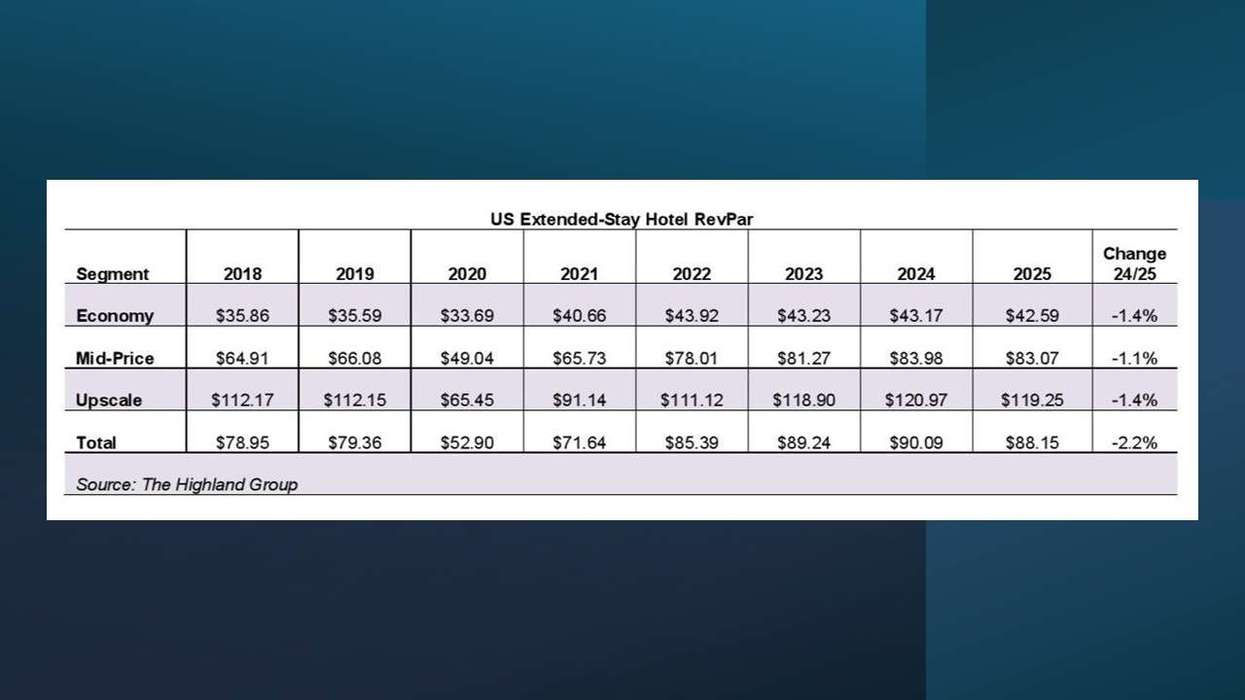HOTEL TRANSACTIONS IN the U.S. are expected to remain strong at least in the first half of this year, according to a report from HVS. The report also found that limited-service hotels recover from downturns faster than full-service brands, with that difference showing even in the last quarter of 2019.
Transaction volume for full-service hotels was three times higher in 2019’s fourth quarter than the fourth quarter of 2009, the depth of the last recession, according to the report by Benjamin Levin, director over the Southeast region for the HVS Brokerage & Advisory Division. However, limited-service hotels transactions were more than seven times higher over the same period.
Economy hotels also rebounded faster from the recession than other sectors, though it eventually went down as investors focused on midscale and upscale hotels instead once they recovered from the downturn.
“With comparatively few full-service hotels constructed in recent years, many of the existing full-service hotels exceeding 10 or 20 years in age, and the lower margins that are inherent with operating a full-service hotel, the potential upside for a buyer is significantly less than it would be for a well-positioned limited-service asset,” Levin said in the article. “The substantial increase in limited-service hotel transaction also follows the trend of what has been built over the last decade, what new brands have been introduced by the major hotel chains, and the types of assets that travelers have been seeking in recent years. Overall, since the Great Recession, transaction volume has followed a generally positive trend but has remained well below the peak, which was realized in 2007.”
Hotel transaction are expected to stay strong through the first half of this year but will slow with the presidential elections in November, Levin said.
“With an influx of new supply opening in numerous markets in the coming months and the impact of rising labor costs, owners across the country may elect to sell while still benefiting from a strong trailing-twelve-month statement,” Levin said. “In the first half of the year, private equity funds may also begin to deploy capital that they have been stockpiling in preparation for a possible recession that has yet to come to fruition.”
Rising construction costs may also drive developers to abandon plans for new build hotels in favor of acquiring existing hotels, Levin said. That would also allow them to benefit more from current low interest rates.
Hotel transactions in 2018 also hit their highest point since 2007, STR said in February.





